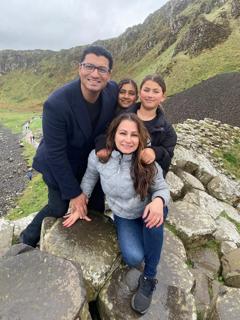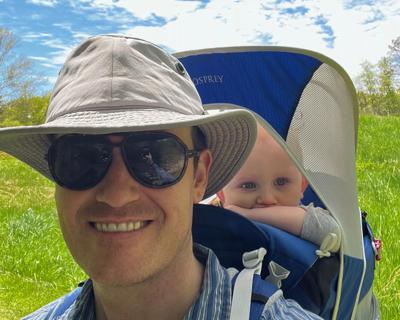Locations:

Honoring Exceptional Achievement, Service and Leadership

We celebrate the exceptional achievements of four future alumni
Advertisement
Cleveland Clinic is a non-profit academic medical center. Advertising on our site helps support our mission. We do not endorse non-Cleveland Clinic products or services. Policy

Initiative recognizes excellence, strengthens alumni engagement

Honoring Exceptional Achievement and Leadership

Meet Hardeep Phull, MD (CCLCM’11)

Meet William Tierney, MD, MS (CCLCM’16, OTO’18)

Meet Samuel Omotoye, MD (CARD/E'15)
Advertisement
Advertisement